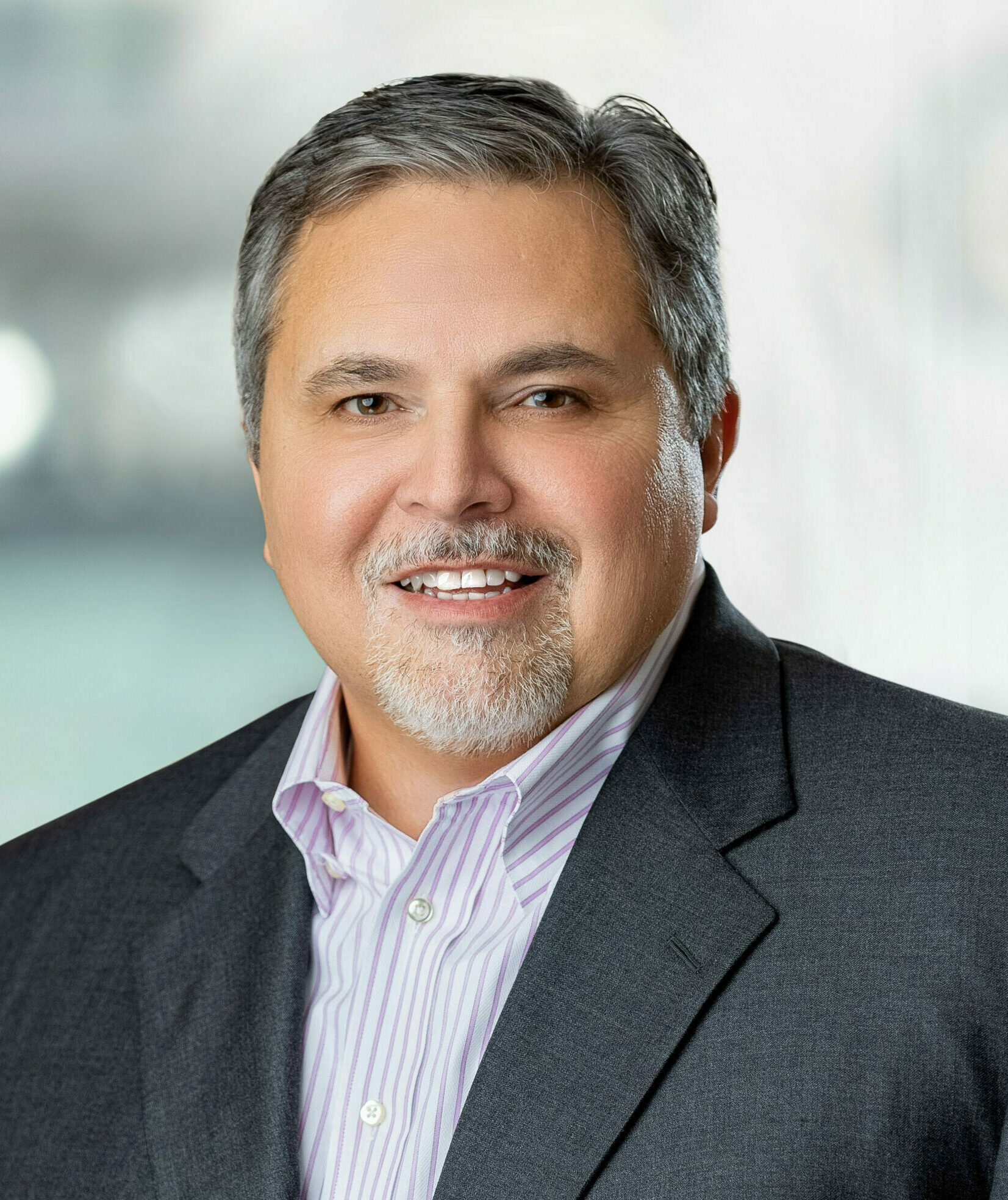
The Commoditization of Wealth Management - The Good, The Bad and The Ugly
The Commoditization of Wealth Management - The Good, The Bad and The Ugly
Many businesses and industries are grappling with cutting-edge technology – figuring out how to stay ahead of the curve and not get left behind. The money management business is no different. Disruptive innovation is a power that can be used for good: increasing productivity, lowering costs, speeding up processes, and even potentially improving results.
The big question is: for whom?
Technology and automation are wonderful things. We can order everything from furniture to steaks to prescription medications online, delivered right to our door. And we can get pretty decent restaurant, movie, and product recommendations automatically, thanks to a wonderful world of algorithms. In this digital world, companies and brands often try to create the impression that they understand our needs. They want us to think that they’re having a true relationship with us, and they leverage technology to make that “relationship” as sticky as possible.
But who hasn’t cringed when a suspicious web advertisement suddenly pops up, pitching something similar to what we recently ordered online or mentioned in an email to a friend? Who hasn’t gotten stuck in an endless circle of voice prompts or shunted off to an annoying chat-bot, when trying to reach a human customer service rep? And what about those relentless robocalls about your car’s expiring extended warranty?
More often than not, you’re left with the feeling that robots, chat-bots, and algorithms are mostly about their own agenda, not yours.
In the coming years, the money management business is in for big changes – driven by artificial intelligence, high-speed communications, sophisticated investment software, and all kind of other tech-driven advances. And in this world, we see both positive and cautionary trends developing.
First, the cautionary. Powerful technologies can easily turn a relationship business into an impersonal, high-volume commodity business. It’s easier than ever to load up your laptop with financial planning, investment management, and tax software, then hang out a shingle and say you’re a “wealth manager” or a “financial planner” or an “investment advisor.” Heck, as a consumer, you’d be forgiven for thinking (based on enthusiastic advertising) that all you need is automated tax software, an automated robo-advisor, and a Social Security calculator and you’ve got yourself a fully customized financial plan. (You don’t.)
Technology and automation also make it easier for money management firms to lower their costs and increase their capacity, building out cookie-cutter, commoditized products that may have a veneer of something custom, when they really aren’t. It allows firms to add more and more clients, acquire more advisors and even acquire other firms, with each new acquisition improving their own financial profile and profitability.
But where do a client’s unique needs fit into that equation?
In reality, automation isn’t the same thing as expertise. And as much as it pretends to, technology doesn’t (and can’t) really know you. It can’t truly advise you, because it can’t anticipate, understand and appreciate all the nuances of your unique, ever-changing situation.
We believe that financial planning, tax advice and investment management are all full-time disciplines. No single person can deliver them all. There isn’t enough time in the day to be expert in all of them, or even two of them – never mind actually implementing them all.
And it may sound corny, but in this high-tech world, it’s worth remembering that a relationship business takes real relationships: an expert in their field – with a heartbeat – sitting across from you asking you questions, talking to you about topics both mundane and difficult, even raising conversations that most of us would rather avoid. Whether that’s the best way to use QuickBooks, or how to plan a business succession, or the tenderest topics of all, like an estate plan that takes care of your heirs.
Those kinds of ongoing, personal conversations are essential for effective management of your financial life, and they only happen once relationships are built over time, on a whole lot of trust. You can’t get that in an app.
But here’s the positive news: cutting-edge tech can provide more data and insight to help make those personal relationships more productive. And they can help deliver solutions that are more individualized to your specific needs, goals and dreams.
Disruptive innovation is coming – fast. But we’re adamant that, at Concord, it won’t replace the most important and fundamental building block of success: a personal relationship with you. We’re definitely looking to harness the power of new technologies, but in service to enduring personal relationships, not in place of them.
Must read articles by Wade Lopez
- Give Now To Potentially Avoid Higher Taxes
- Business Succession Planning – Part I
Related Topics
Disclosures: Please remember that past performance may not be indicative of future results. Different types of investments involve varying degrees of risk, and there can be no assurance that the future performance of any specific investment, investment strategy, or product (including the investments and/or investment strategies recommended or undertaken by Concord Wealth Partners, or any non-investment related content, made reference to directly or indirectly in this newsletter will be profitable, equal any corresponding indicated historical performance level(s), be suitable for your portfolio or individual situation, or prove successful. Due to various factors, including changing market conditions and/or applicable laws, the content may no longer be reflective of current opinions or positions. Moreover, you should not assume that any discussion or information contained in this newsletter serves as the receipt of, or as a substitute for, personalized investment advice from Concord Wealth Partners. To the extent that a reader has any questions regarding the applicability of any specific issue discussed above to his/her individual situation, he/she is encouraged to consult with the professional advisor of his/her choosing. Concord Wealth Partners is neither a law firm, nor a certified public accounting firm, and no portion of the newsletter content should be construed as legal or accounting advice. A copy of Concord Wealth Partners’ current written disclosure Brochure discussing our advisory services and fees is available upon request or on our website. Please Note: If you are a Concord Wealth Partners client, please remember to contact Concord Wealth Partners, in writing, if there are any changes in your personal/financial situation or investment objectives for the purpose of reviewing, evaluating, and/or revising our previous recommendations and/or services, or if you would like to impose, add, or to modify any reasonable restrictions to our investment advisory services. Concord Wealth Partners shall continue to rely on the accuracy of information that you have provided. Please Note: If you are a Concord Wealth Partners client, please advise us if you have not been receiving account statements (at least quarterly) from the account custodian.



